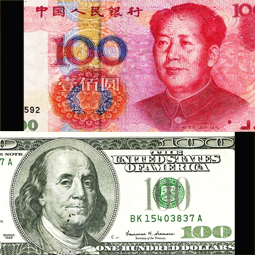
While Seattle approaches its housing issue by building dormitories s for workers podments, — Last year Beijing made nearly 1,880 affordable commercial apartments available to buyers, rekindling average income-earners’ hopes of having a house of their own.
BEIJING, June 23 2014 (Xinhua) The price of the apartments was set at 22,000 yuan (3,574 U.S. dollars) per square meter, almost 50 percent less than in neighboring blocks. But the government and home buyers will have joint ownership of the properties, which means if they are to be sold again, home buyers will pay 30 percent of their profits to the government.
Despite such a rule, the apartments, designed to cater to the housing demand of ordinary workers, attracted more than 120,000 families to contend by drawing lots on Monday. Such fierce competition is because of the relatively advantageous location of the project, within the fifth ring road in the east of the Chinese capital.
This is not the only affordable housing project. The government plans to offer nearly 50,000 such homes this year, with 11 projects having been unveiled and now inviting buyer registration.
Nationwide, six cities including Shanghai, Shenzhen and Chengdu have started promoting similar apartments, as public grievances grow after recent years have seen house prices in cities soar to levels unaffordable for a great many.
Analysts said the price-capped apartments will cater to the demand of middle and low-income groups, and will somewhat depress home prices in major cities, because such apartments will divert some buyers away from purchasing conventional commercial apartments.
Meanwhile, the rush of buyers for these apartments came because property prices in major cities, including Beijing, have not declined noticeably after reaching historic highs, despite a transaction plunge since the start of year.
The general real estate sector in China also began cooling down in 2014, with such a trend continuing in May, as new home prices in half of a sample of 70 major cities showed month-on-month drops, official data showed. However, on a year-on-year basis, new home prices in 69 cities of the statistical pool still increased, with the highest growth at 11.3 percent.
Liu Jianwei, senior statistician for the National Bureau of Statistics, said home buyers have started to take a wait-and-see attitude due to uncertain market prospects, making a bet that developers may cut prices further to alleviate pressures from piling inventories.
Chang Jian, chief China economist at Barclays, said in a research note that the housing market has experienced a sharp turnaround after a strong 2013, with sluggish home sales and slowing investment.
He said he expects the cyclical adjustment to continue into 2015 as the sector has already been affected by overbuilding and increased developer leverage.